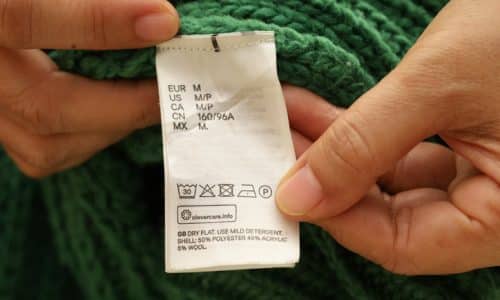When you bring your child to occupational therapy (OT) at Imagine Pediatrics, you expect to see improvements in their ability to open and close buttons, balance as they walk or build strength. However, one of the most important skills OT can build is self-regulation, particularly in our children.
The Department of Health and Human Services calls self-regulation “the foundation for lifelong functioning.” Self-regulation describes the processes we use to manage our thoughts and feelings so that they do not overwhelm us. As a matter of fact, you’re probably self-regulating right now: controlling your impulse to click away and staying focused on the task of learning more.
Most clinical research on self-regulation divides the process into three categories: emotional control, executive function, and reaction to external stimulation. Basically, self-regulation represents a person’s ability to react to their environment while continuing to maintain their goals and obligations. Given the range of things we feel in a day, the number of things we do in a day, and the unexpected things we encounter in a day, strengthening self-regulation seems as difficult to explain as it is crucial to understand. But if we look closely, self-regulation is a distinct, discoverable, and teachable set of emotional experiences and behavioral reactions.
Here at Imagine Pediatrics, we understand that children aren’t born with self-regulation skills; they develop them over time. We learn them explicitly and implicitly in our homes, schools, and communities. While self-regulation skills can be learned at any time, early childhood and adolescence are two significant windows of self-regulation development and prime opportunities for strengthening life skills. Strong self-regulation skills are predictive of better school performance, better relationships, and fewer behavioral issues.
Self-regulation difficulties might show up in a variety of ways—difficulties with concentration, social disinterest, and being easily upset or frustrated and unable to move on. OT plans and treatments will vary based on the kind of self-regulation challenges a child faces. A child who has trouble concentrating because she is excited and a child who has trouble concentrating because she is bored are both struggling with self-regulation. Occupational therapists help identify root-causes of specific behaviors and break down activities into a series of steps to create specific problem-solving solutions. By taking a broad view of behaviors and tasks, occupational therapists help children identify stressors and ways to manage those stressors in daily life.
This approach prepares children to avoid, limit, and resolve challenges, and helps parents advocate more effectively for their children. Self-regulation development is most effective when parents, caregivers, and Occupational Therapists model healthy interactions, offer support, and coach children on appropriate adaptive strategies.
Your Imagine Pediatric Therapy therapist will also help you develop “scaffolding,” a way to practice self-regulation at home; through routine, practice, and dialogue. Self-regulation depends on opportunities to practice these skills through activities that involve social connection and creative play, revealing the relationships between physical activity and emotional health and between social interaction and behavior.
When you have questions about self-regulation and how it can be developed in your child, click here or call 312-588-5050. We are always happy to help.



